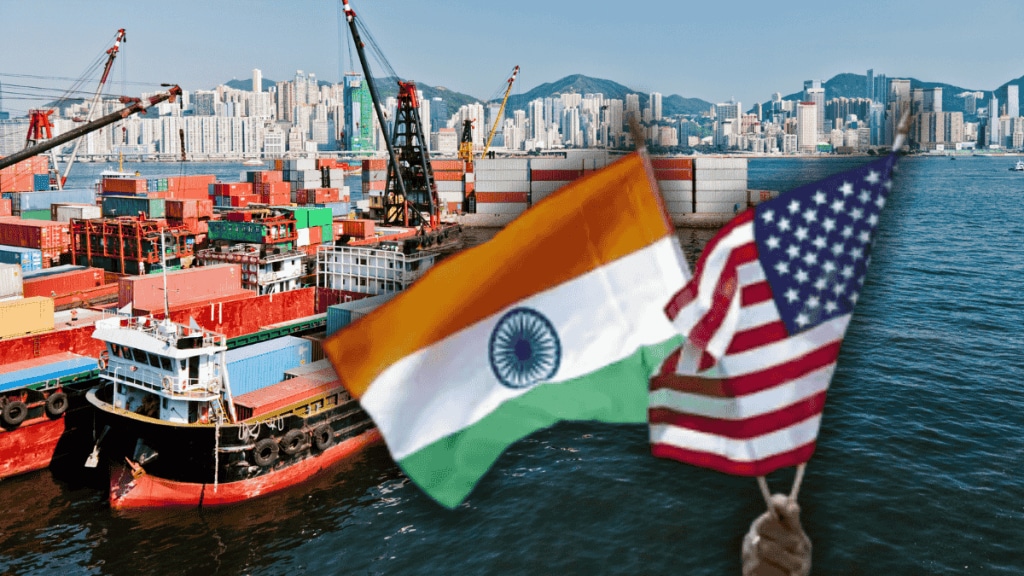With just hours left for India and the United States to finalise a mini trade deal before the 90-day suspension on reciprocal tariffs ends, sources told CNBC TV18 that New Delhi has made a “decent offer” as part of the ongoing negotiations and the White House is currently assessing the proposal. With this, US President Donald Trump will now have to take a final call on the much-anticipated India-US trade deal.
According to the CNBC TV18 report that cited sources, the Indian side has put forward a proposal that touches nearly $150 billion to $200 billion worth of goods trade between the two nations. The US administration is currently assessing the level of market access this deal would offer to American companies.
Now, the ball is in the US court to either accept the current proposal or seek further negotiations. However, India is unlikely to offer any more concessions at this point.
New Delhi has maintained a firm stance on its key concerns, especially in the agriculture and dairy sectors. Sources have confirmed that there will be no concessions on critical items like wheat, rice, maize, dairy products, and genetically modified (GM) crops. India has clearly stated that these sensitive areas will remain off-limits in any trade agreement.
An earlier report had also maintained that both sides have agreed on main points of the deal, which is expected to boost trade in key sectors. India has put forward its final terms aimed at safeguarding domestic industries while enhancing access to the US market.
The announcement on the trade deal may come just before the July 9 deadline set by Trump for new tariffs, which marks the end of a 90-day pause on US reciprocal tariffs that impact several countries, including India.
Late Monday, Trump had announced that he would impose a 25 per cent tariff on goods from Japan and South Korea starting on August 1.
Trump issued notices by sharing letters on Truth Social, addressed to the leaders of several countries. In the letters, he warned them against retaliating with higher import taxes, cautioning that any such move would prompt his administration to raise tariffs even further.


